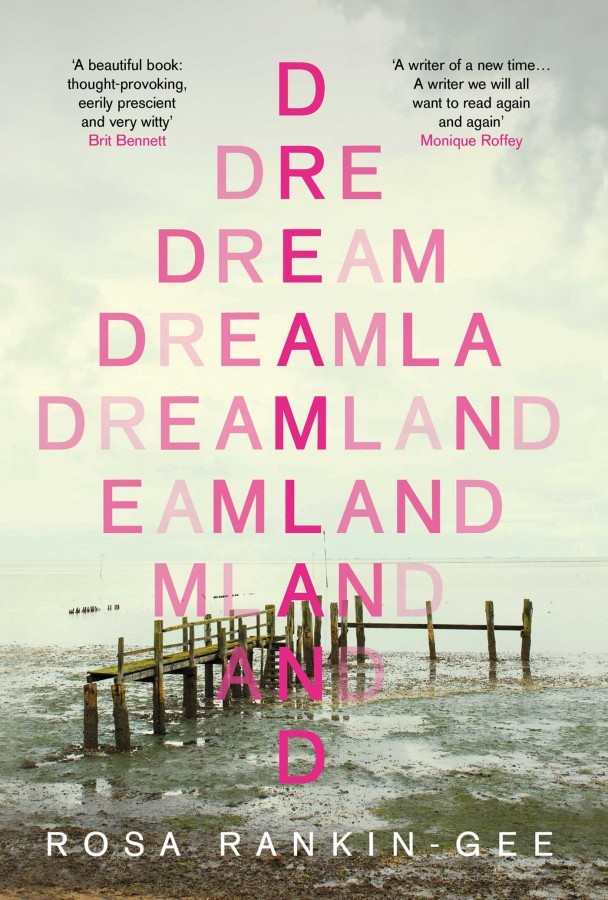Madhumita Murgia - 'Code Dependent: Living in the Shadow of AI'
So-called artificial intelligence as it affects real human beings.

This book reads like a version of Michaela Coel’s I May Destroy You mixed with Kae Tempest, but with more immediate volumes of youth.
She said London was too expensive to be the future. She said it was a fourth world country now. A hotbed, a bomb waiting to go off. That, and an island for rich Russians. She told us she’d always believed in the power of a clean start. ‘Look at all this,’ she said pointing around the room, then she put her fingers over my eyelids, heavy, and held them there, and said, ‘Pfff,’ the sound of a file deleting on her old laptop, ‘just like that, forget it. This is when life begins. From right now. No more waiting.’
There’s something highly non-sexual about this book, even though it’s about youth. Youth, trapped in desperation, steeped in austerity, waiting to be change.
‘Did you see his arms?’ Ma said to me, pulling me away into the kitchen. ‘No,’ I said. I had. They were huge. ‘What about them?’ ‘Don’t look at them,’ she said. She spread some margarine so thick you couldn’t see the bread any more, and leaned in. ‘Track marks. It’s like a fucking terminus on there.’
I can imagine people who want to paint this book as ‘bleak’ or ‘scary’, but we’re already here.
The gist of the book are a handful of characters between who there’s a sense of urgency that’s compounded by how some human classes are seen as commodities by the unseen ‘higher’ classes. The classes whose glasses go chink but say nothing of real value. In the mean time, we have these people.
He said some other things, then his hands let go of me, both at the same time. I stumbled back, and my back slid down against the wall. He walked out. I sat down on the floor in the small hot room after he left. Kole had told me if I touched you again he’d crush my hands. Make them bones of yours dust, he’d said. See how she likes you then. I brought my hands to my chest, curled around them, curled up tighter. I coughed, then I couldn’t stop coughing, and when I looked at my hands, there was blood in my palms, a bright spray of it.
It’s quite poetic. The movements of people come together in time, and even though the words seem brutal, they’re really not. Rankin-Gee has not tried too hard, and she hasn’t sold herself.
This is a book that will be remembered and provides both shelter and warning.
.jpg)